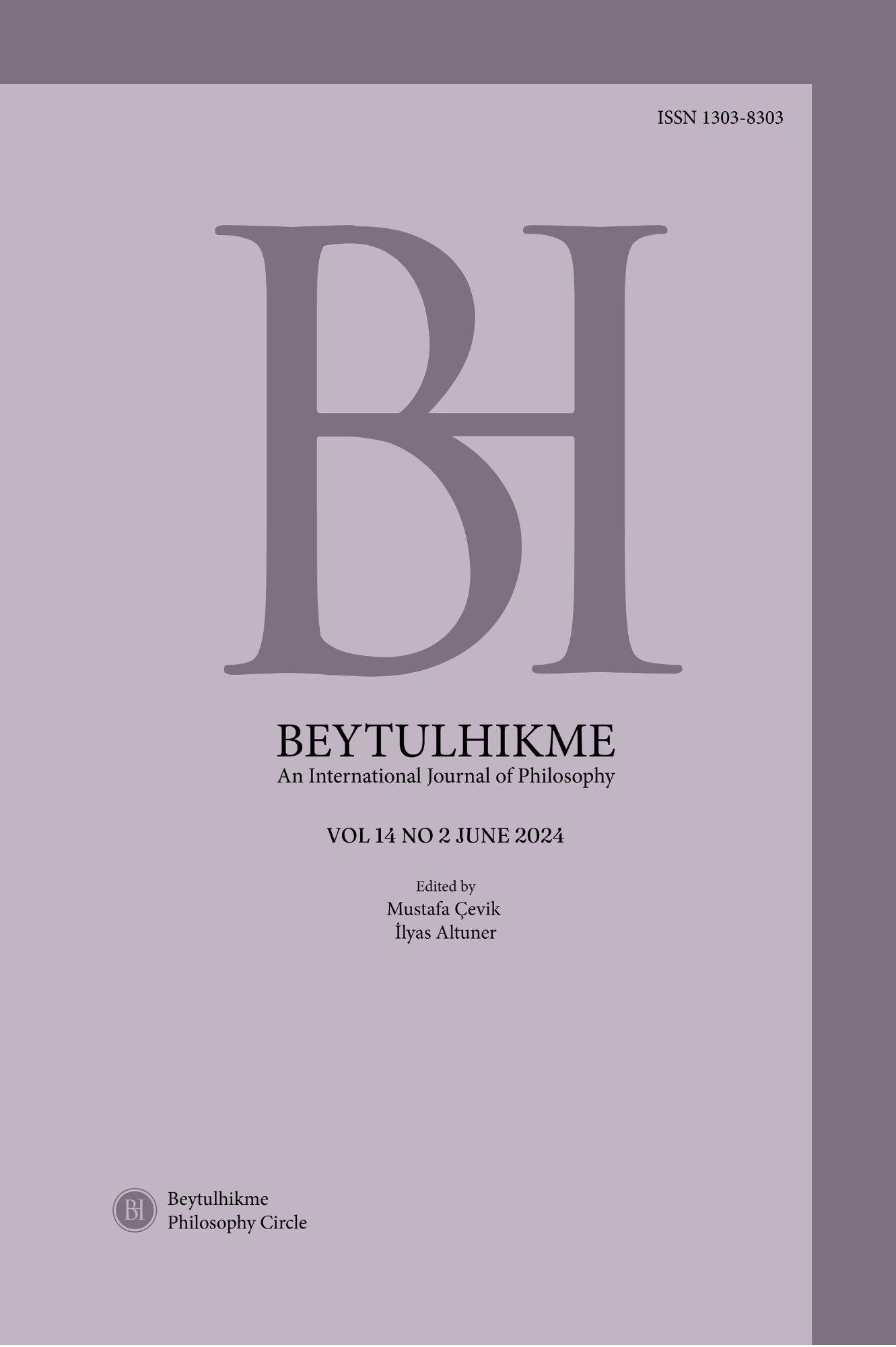Author :
Abstract
KOVİD-19 Pandemisi, sağlık, ekolojik ve ekonomik krizlerin bir kombinasyonu olan, milyonlarca insanın ölümü ve diğerlerinin işsiz kalmasıyla sonuçlanan ‘mükemmel bir kriz’ yarattı. Devletler krizi yönetmek için olağanüstü önlemler alırken, sosyal bilimciler bu durumu anlamlandırmaya çalıştı. Salgının başlarında, İtalyan filozof Giorgio Agamben, tartışmalı bir şekilde, devletlerin hastalığı “otantik bir istisna hali” ilan etmek için araçsallaştırdığını iddia etti. Bu çalışma, Alman Hukuk kuramcısı Carl Schmitt’in eleştirel bir yeniden okumasıyla Agamben’e yöneltilen eleştirilere katkıda bulunmaktadır. Ana argüman, Agamben’in salgına yaklaşımının güçlü toplumsal inşacı, aşırı felsefi, aşırı politik ve tarih dışı bir eğilimden muzdarip olmasıdır. Bu onun genel felsefi-politik projesinden kaynaklanmaktadır. Onun ilham kaynaklarından biri, Schmitt ve onun kararcı ve aşırı politik yaklaşımını yansıtan sorunlu “istisna hali” kavramıdır. Bununla birlikte, Agamben’in kullanımı daha da sorunludur çünkü kavramın analitik tutarlılığını ortadan kaldıran çeşitli siyasi gelişmeleri tarih dışı bir şekilde analiz etmek için kullanır.
Keywords
Abstract
The Covid-19 pandemic has created a ‘perfect crisis’ that combined health, ecological and economic crises, resulting in the death of millions of people and the unemployment of others. While states took extraordinary measures to manage the crisis, social scientists tried to make sense of this situation. Early in the pandemic, Italian philosopher Giorgio Agamben controversially claimed that states were instrumentalizing the disease to proclaim, “an authentic state of exception”. This study contributes to the criticisms of Agamben through a critical rereading of German legal theorist, Carl Schmitt. The main argument is that Agamben’s approach to the pandemic is too strongly social constructivist, over-philosophical, over-political and a-historical due to his general philosopho-political project. Agamben’s decisionist and over-political approach is derived from his use of Schmitt’s problematic concept of the “state of exception”. However, Agamben’s use is even more problematic because he uses it to analyze various political developments ahistorically, which obliviates the concept’s analytical consistency.





